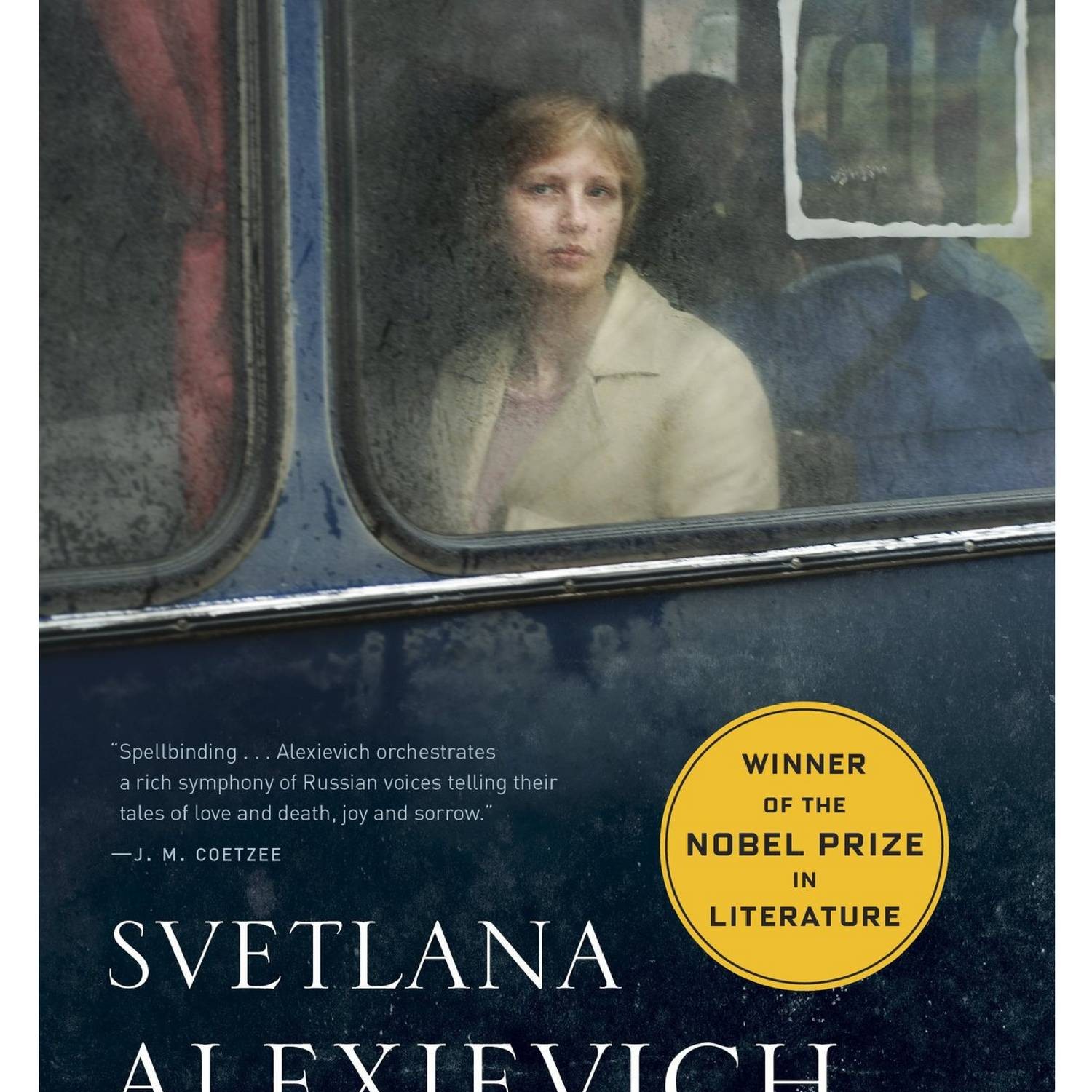

But as a piece of reportage, it’s an extraordinary achievement.” Read more. It’s one you dip into, or pick up and become absorbed by for an hour or so and then step away from. It’s not one you read in a straightforward way. The book doesn’t have a traditional narrative structure. It’s about how dark the lives are of some of those people, who were brought up in a completely different environment. In Secondhand Time (2016), her witnesses tell us what it means to be Russian, then and now. The author presents an oral history of Russia’s transition from Stalinism to capitalism in which she lets people who were there tell their stories.

In some ways, this book is backward looking because it’s reminding people how fast Russia has changed and how many people that change has left behind. These blinks give some revolutionary insights into an epoch-making time in Russia’s history. There are others who, at the time property rights were being established, had their houses or apartments stolen from them by mafia groups. Some are in the Caucasus and different parts of the country, people trapped in different Republics, who then face terrible discrimination and have undergone horrible experiences. Here she brings together the voices of dozens of witnesses to the collapse of the USSR in a formidable attempt to chart the disappearance of a culture and to surmise what new kind of man may emerge from the rubble. “The power comes from the stories themselves, the people she found and talked to. Second-hand Time is the latest work from Svetlana Alexievich, winner of the 2015 Nobel Prize in Literature.


 0 kommentar(er)
0 kommentar(er)
